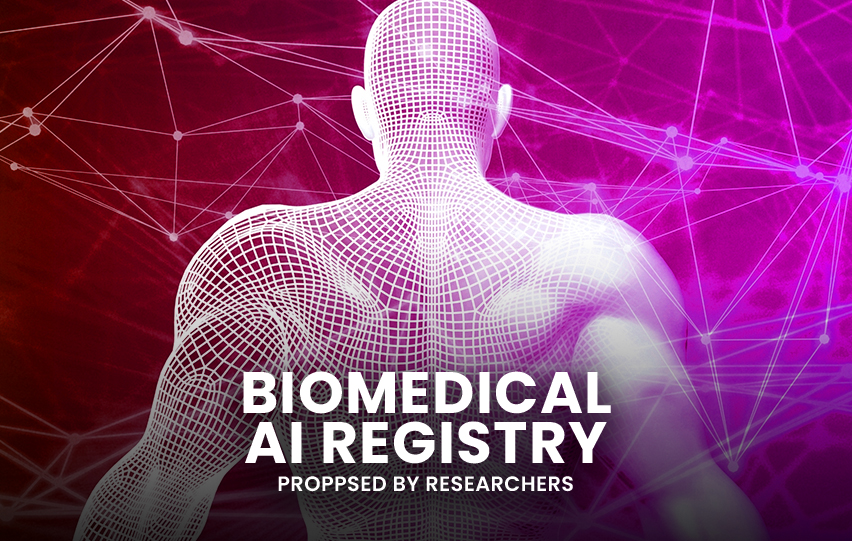A group of researchers from several universities across the globe has suggested the creation of a registry of all artificial intelligence endeavors related to biomedicine, reported Innovation Origins. The database is intended for research use and future daily application of Biomedical AI.
The proposal for the AIMe registry was published in the journal Nature Methods with the efforts of the team composed of experts from educational institutions such as Maastricht University in the Netherlands.
The team observed the growing number of AI systems used in biomedicine, whether in treatments or research. However, they saw a discrepancy in how these technologies were used in different settings, applications, teams, and the like.

According to the researchers, “In spite of the obvious potential of AI in biomedical research, we observe trends that are detrimental to the development of new, improved AI methods and also constitute major hurdles in applying biomedical Ais in basic or translational biomedical research.”
They noted that many applications of such work do not adhere to best practices of machine learning, making decisions and results tough to explain and not entirely reproducible.
“In view of this, we present the AIMe registry for artificial intelligence in biomedical research. It consists of a user-friendly web service that guides authors of new Ais through the AIMe standard, a generic minimal information standard that allows reporting of any biomedical AI system,” added the team.
The main goal of the registry is to create a database of all artificial intelligence systems related to biomedicine that is freely accessible and standard. The registry will create a unique identifier for each entry, making it easy to pull up by users.
In the AIMe website, it says that users interested in adding their systems into the registry can easily do so by filling in a questionnaire intended to gather vital information about the AI. They can also indicate if they want the content to be publicly visible.
They will also be provided with an administrator link that they can use to add revisions complete with a revision history. To help improve entries, other users can report issues or make clarifications, which the owner can address.
One of the AIs already in the database includes the Classification of Breast Cancer Subtypes by Combining Gene Expression and DNA Methylation Data by Markus List. Currently, there are only twelve entries in the registry.
The researchers intend to gather more in order to create a comprehensive database that can help the biomedicine community.
















